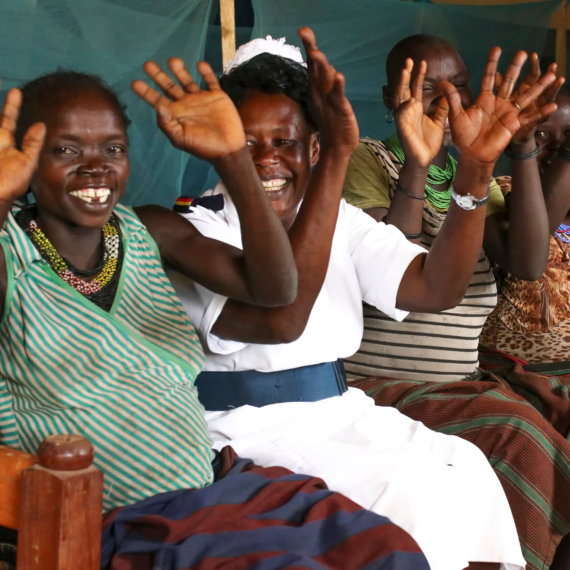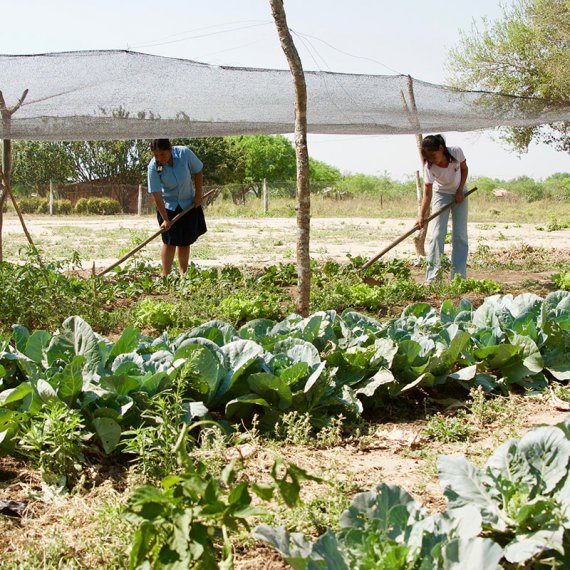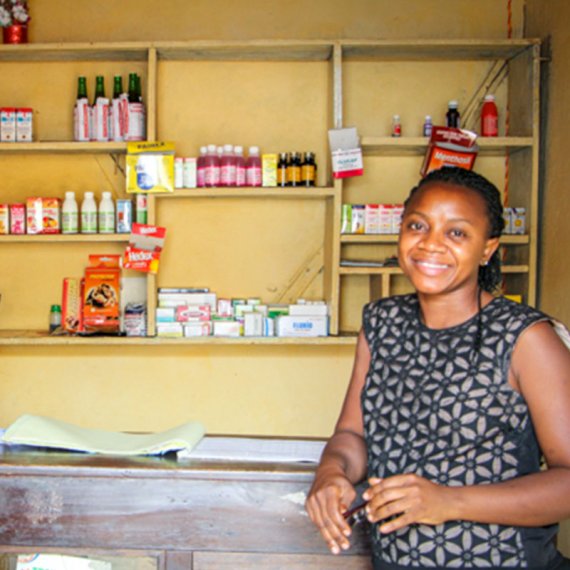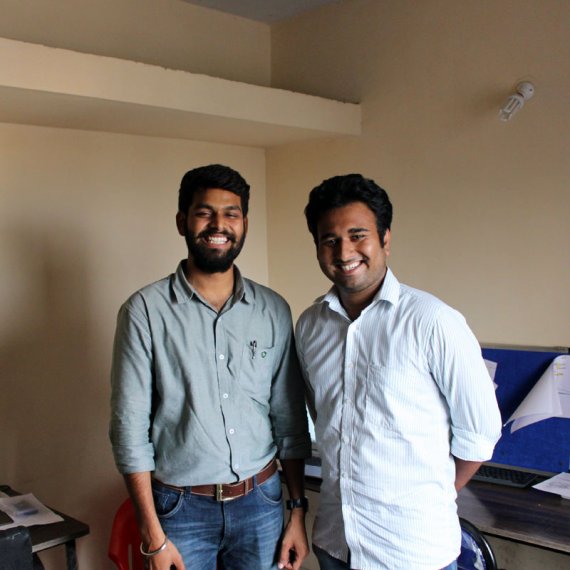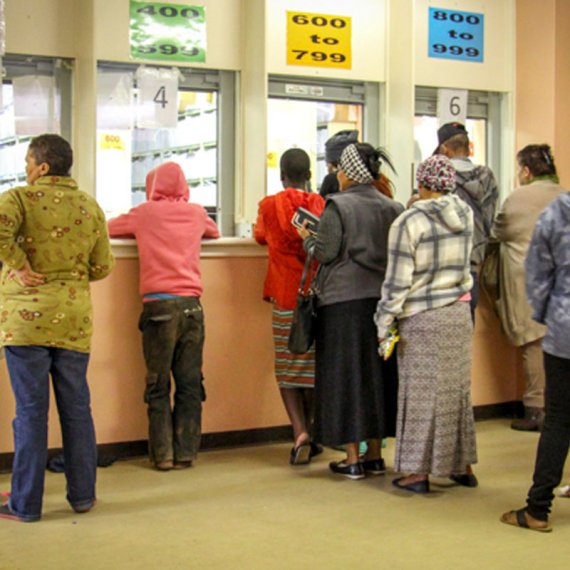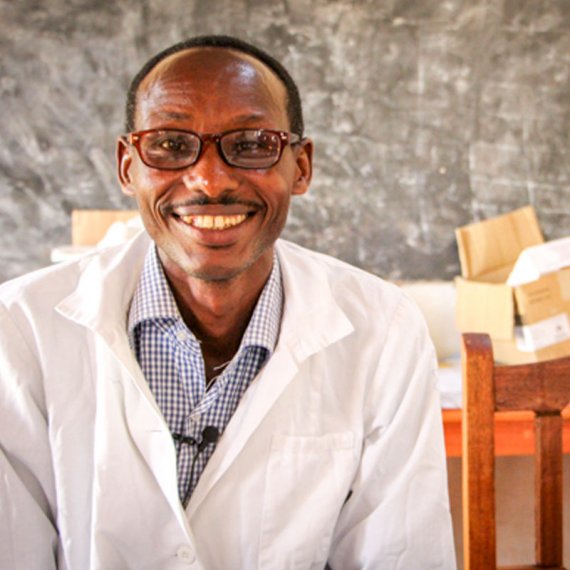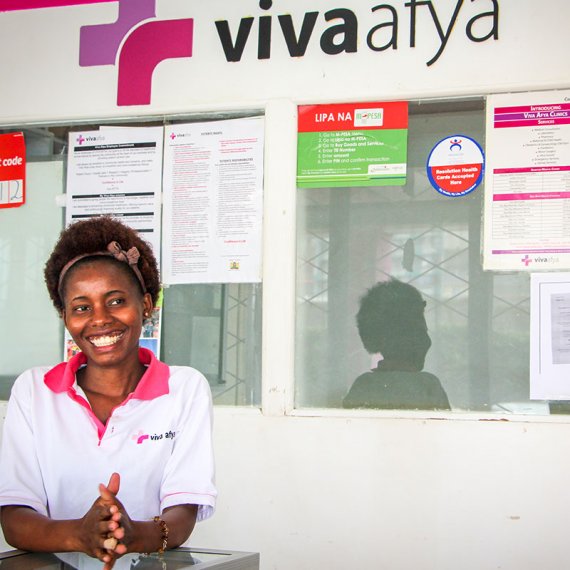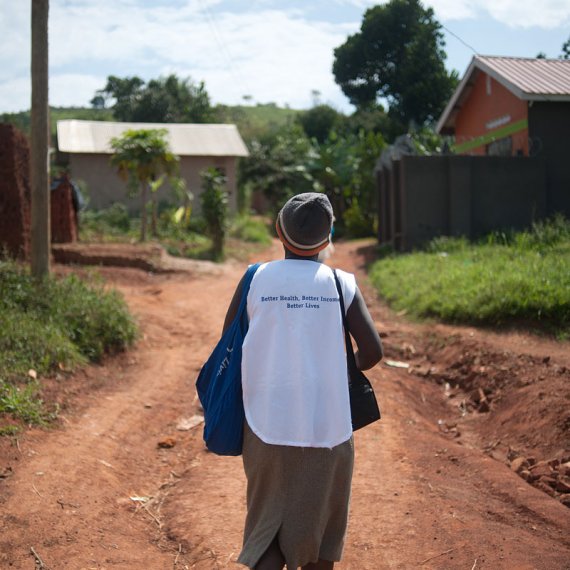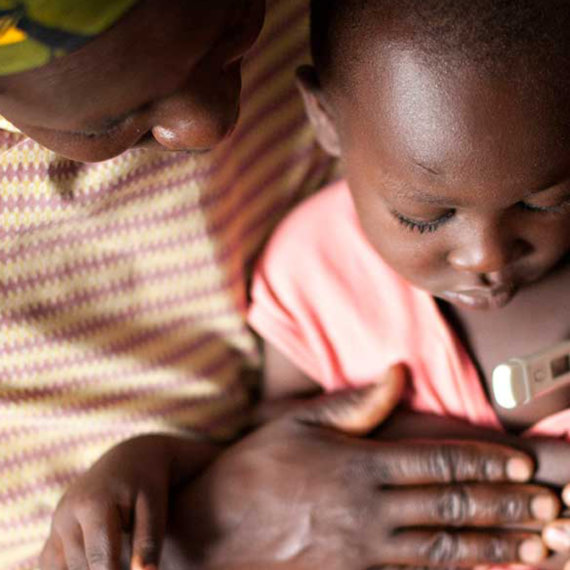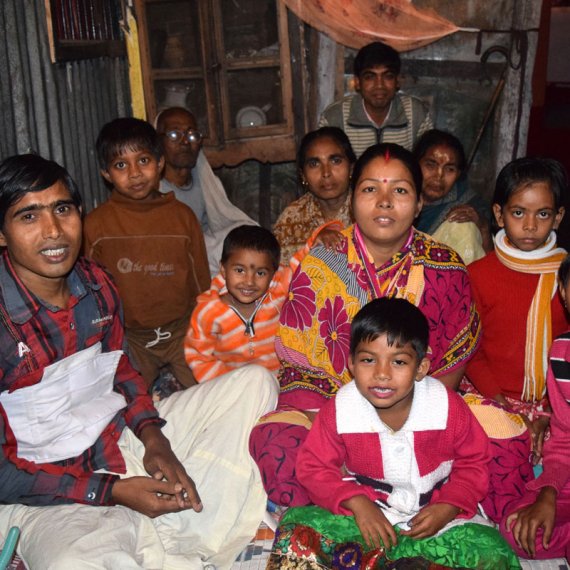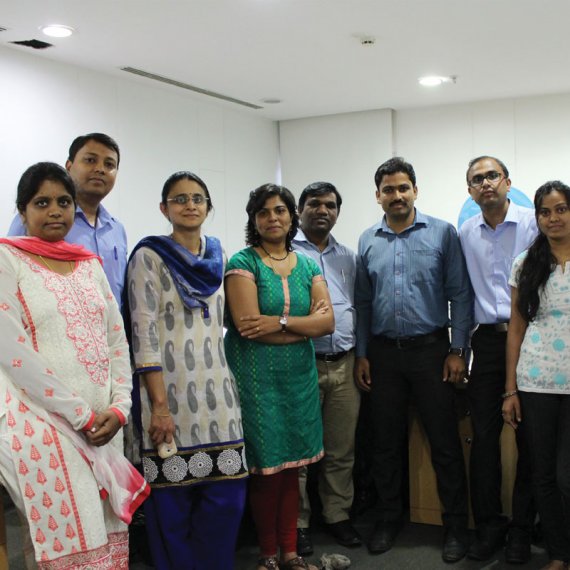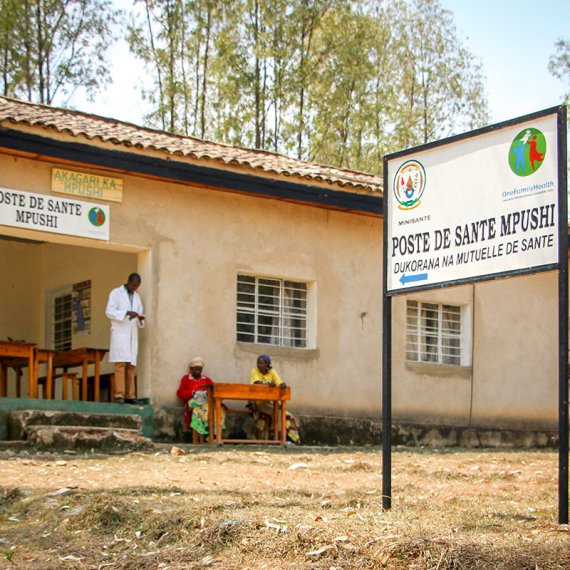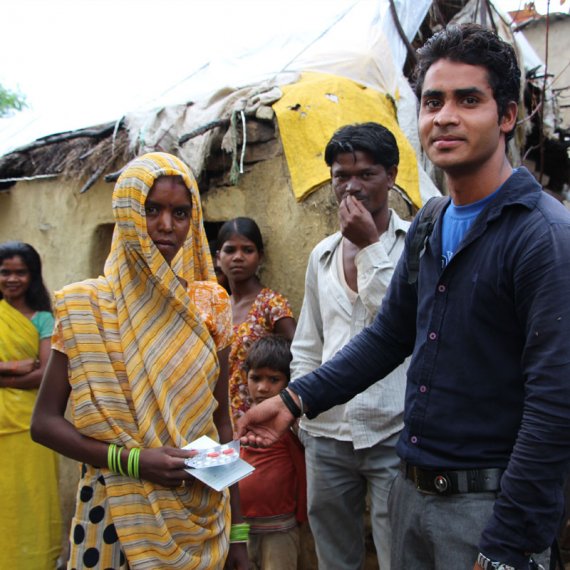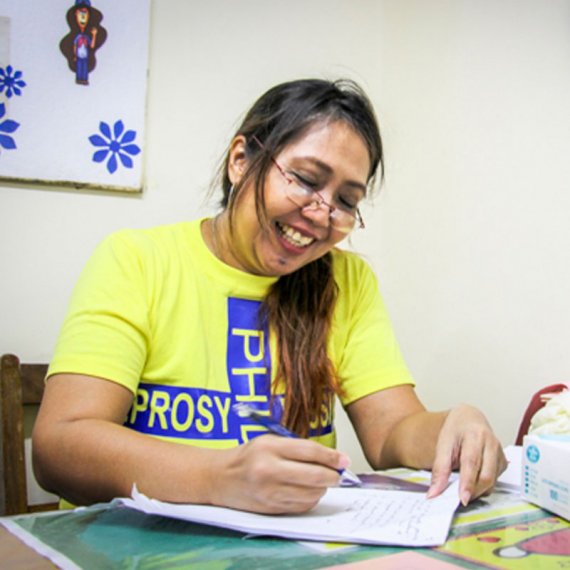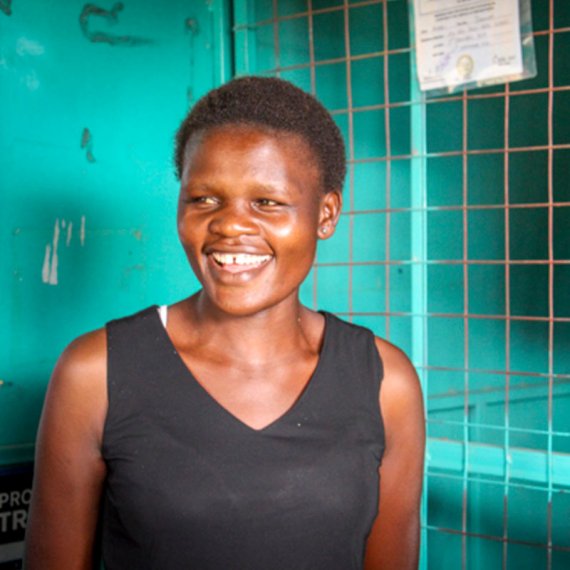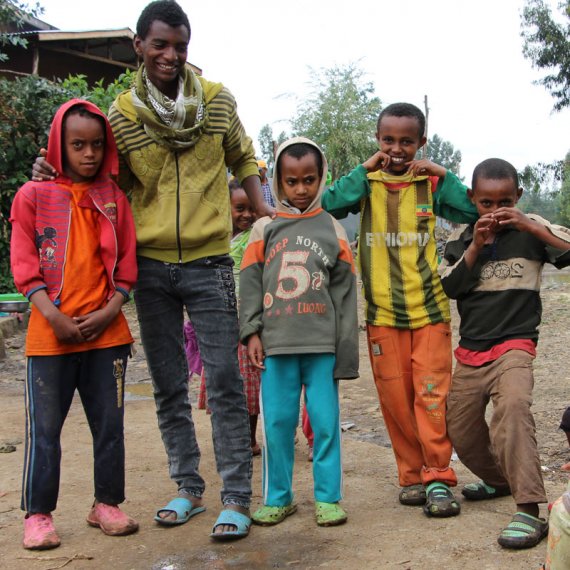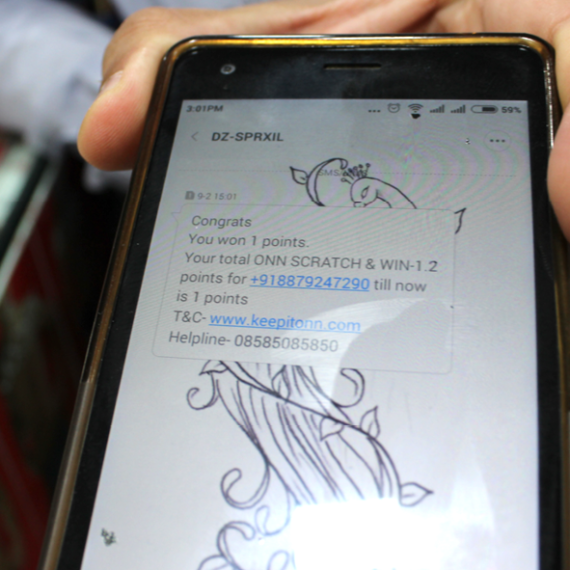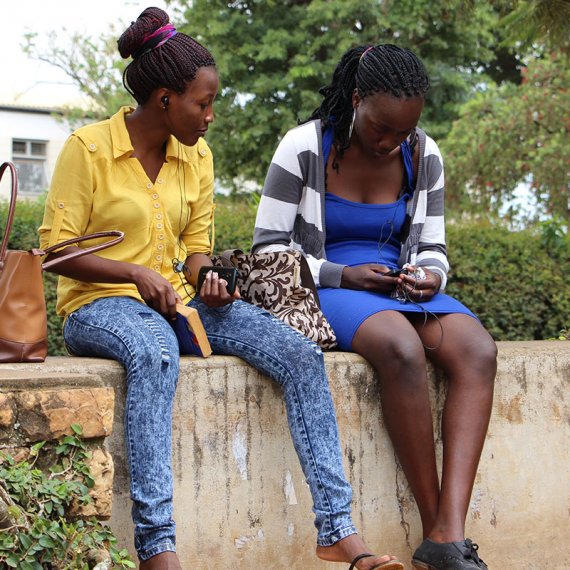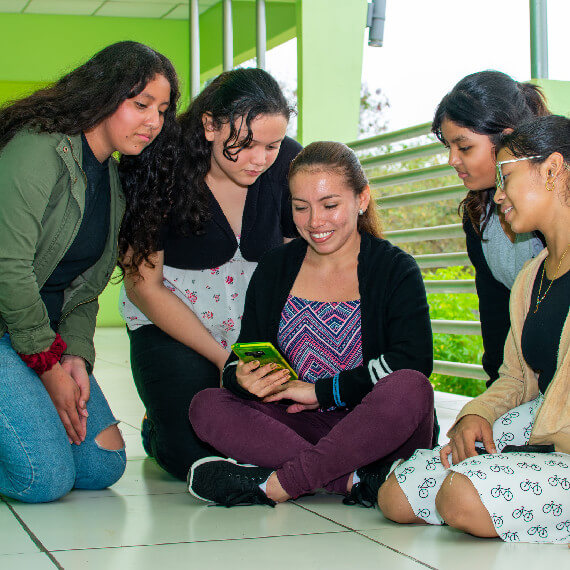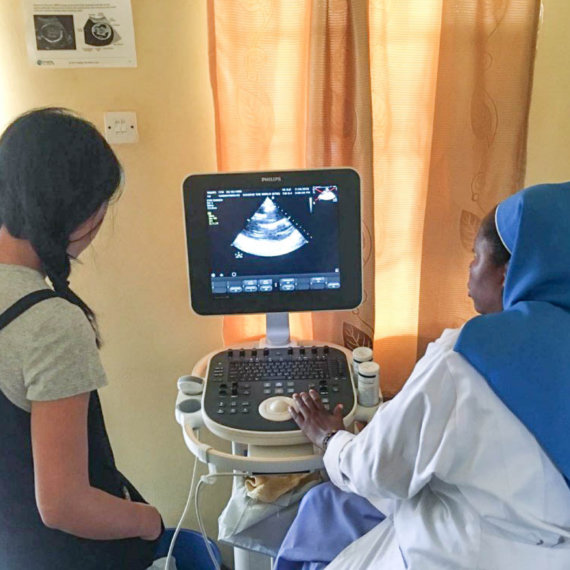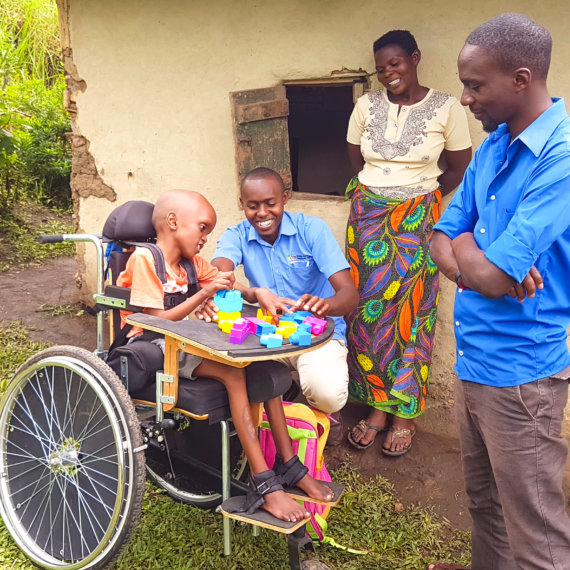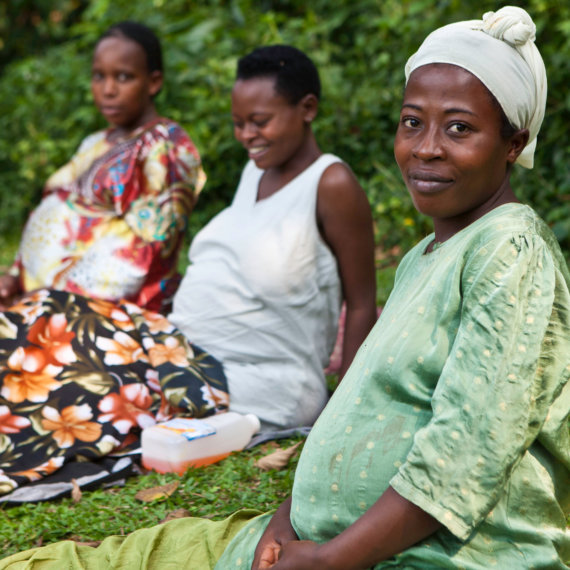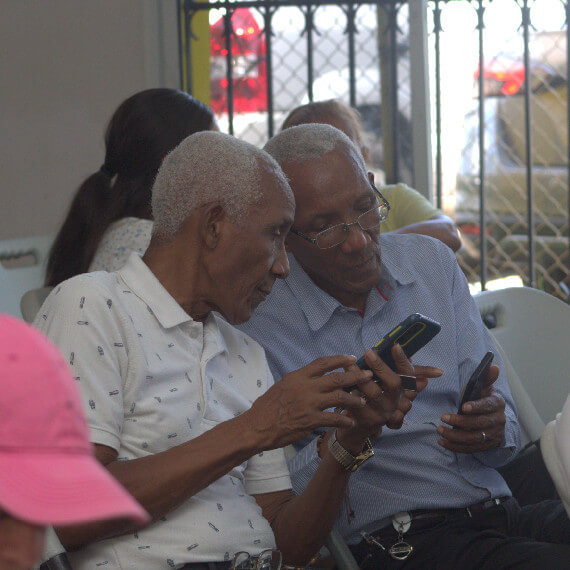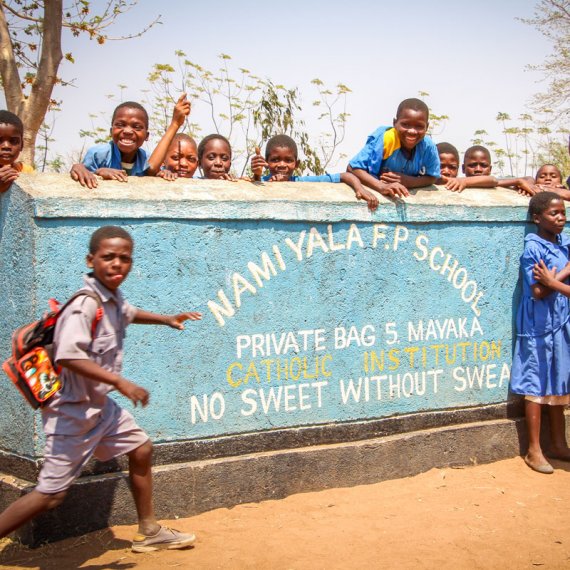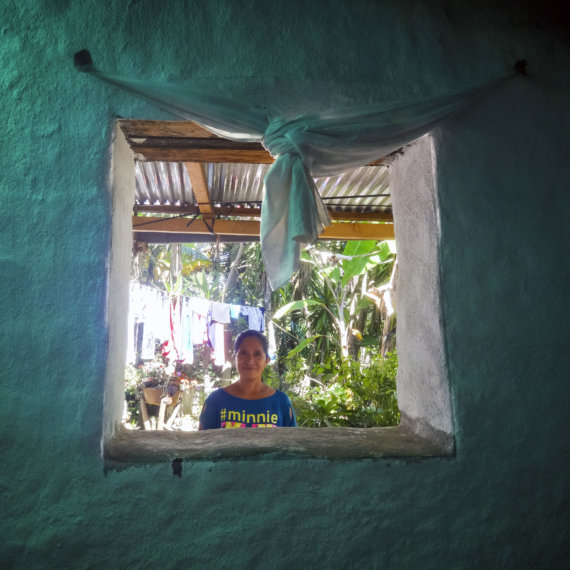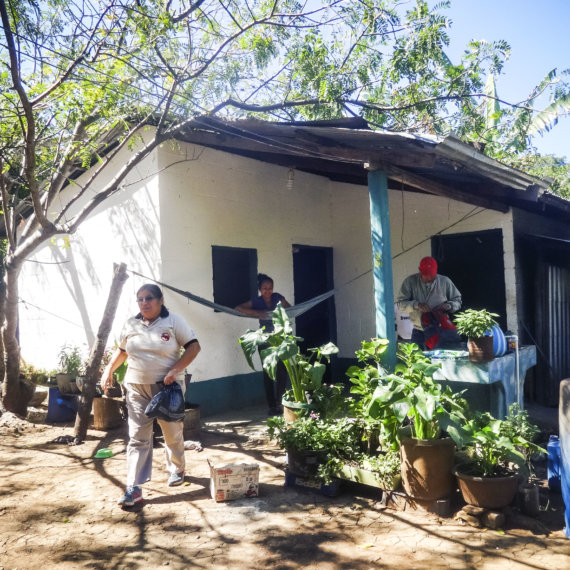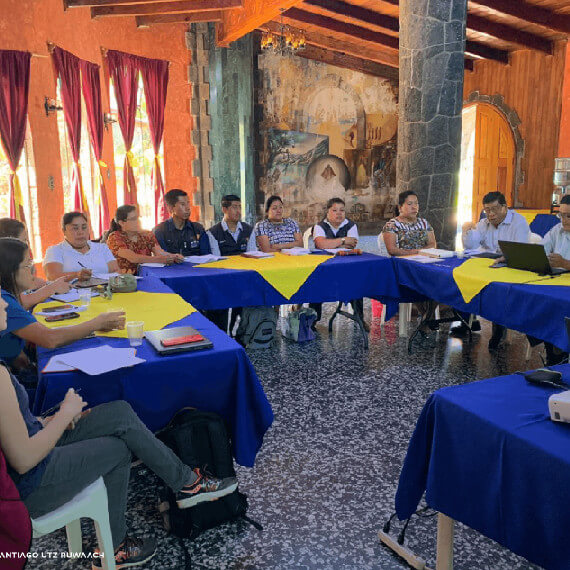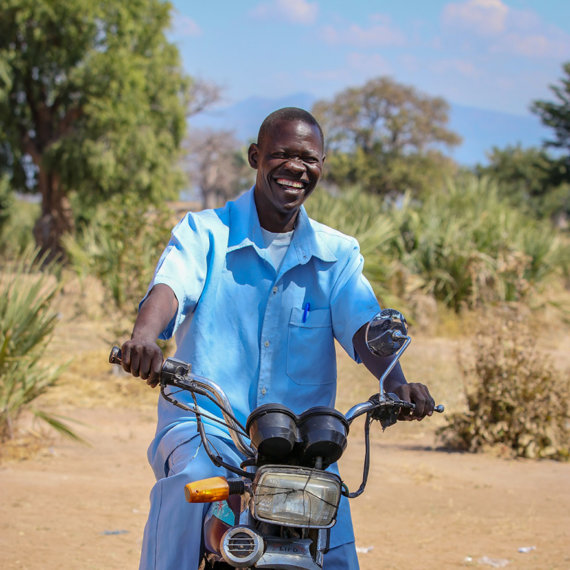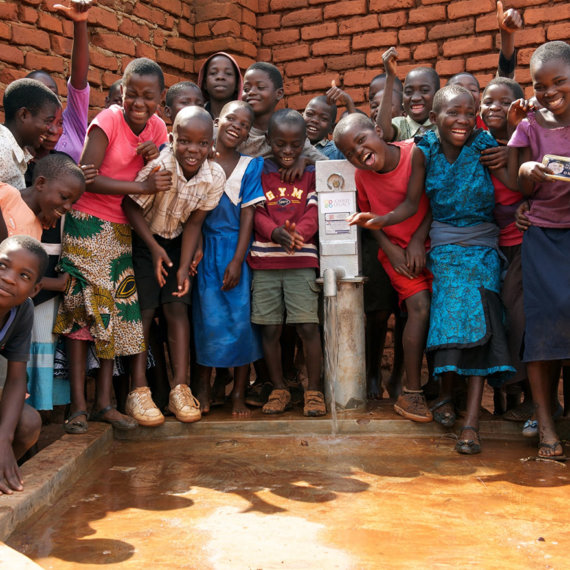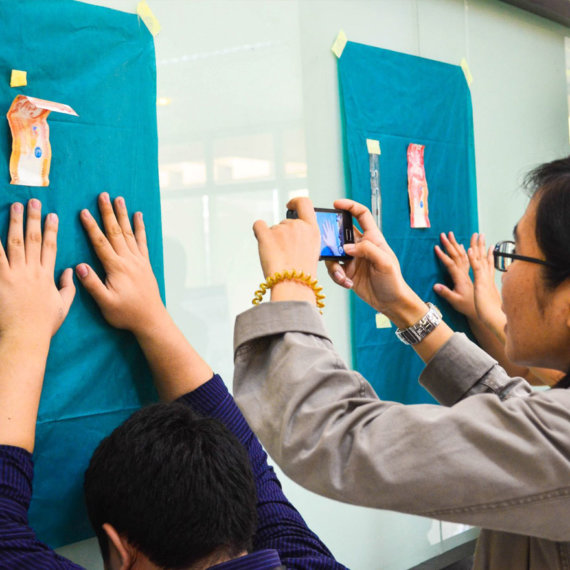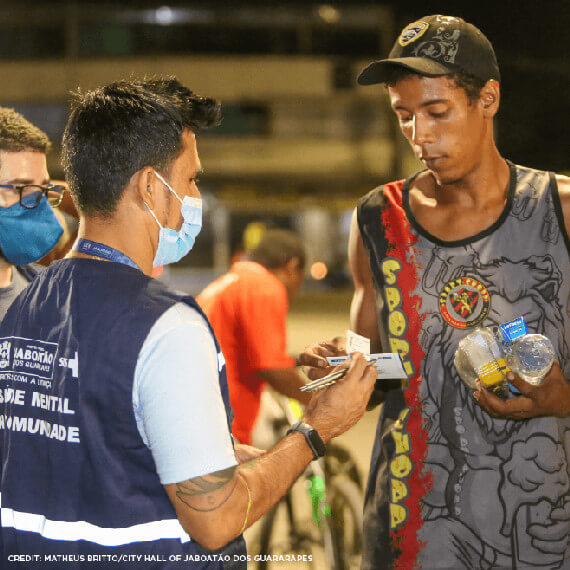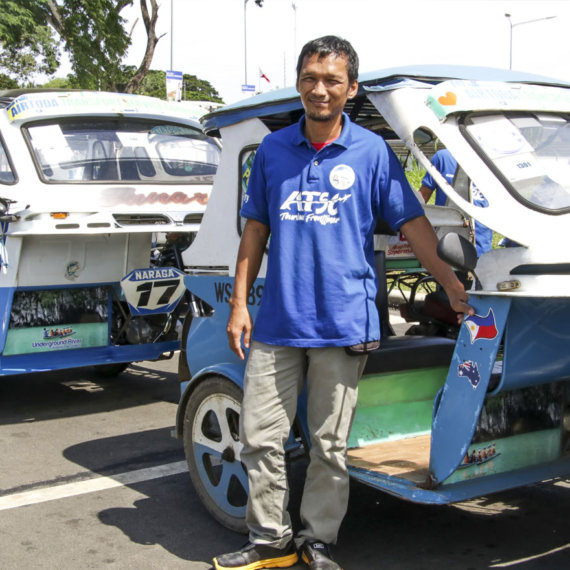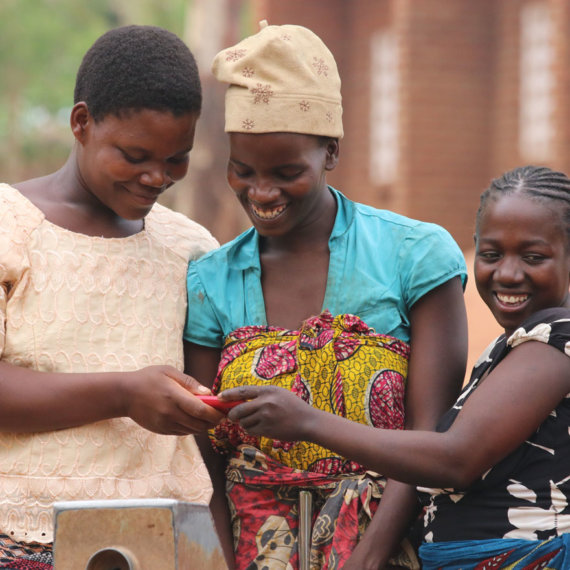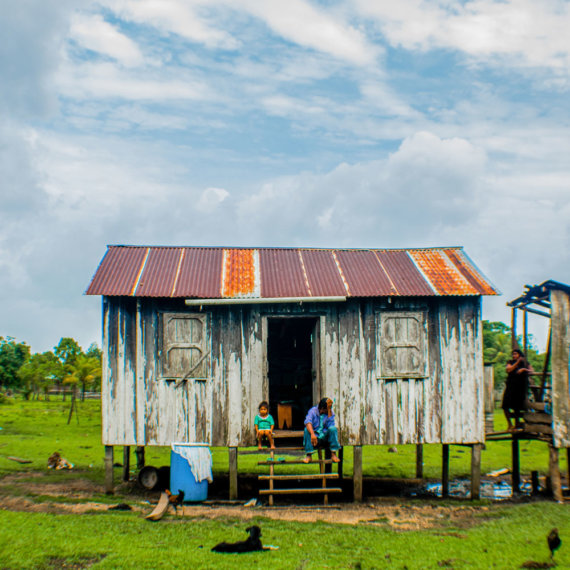SOCIAL ENTREPRENEURSHIP TO SPUR HEALTH (SESH)
Leveraging and testing social entrepreneurial approaches, such as crowdsourcing, to encourage use of sexual health services and to reduce the stigma surrounding sexual health for marginalized populations in China.
CONTINENT
Asia

Country
People’s Republic of China
Continent
Asia
Country
People’s Republic of China, including Hong Kong SAR
Founding year
2012
Organizational structure
Research programme
Health focus
HIV, Sexually Transmitted Diseases
Areas of interest
Crowdsourcing, Health education, Health research, Community Mobilization
Health system focus
Service delivery
CHALLENGES
Sexually transmitted infections (STIs) have been recognized as a major public health problem in China. Existing approaches to sexual health and HIV testing promotion are inadequate. Usually, “top-down” and expert-driven (Li et al., 2009) conventional messaging campaigns fail to reach the communities most affected and do not result in the necessary behavioural changes (Zhang et al., 2015). High-risk groups often delay testing and seeking treatment. By the end of 2011, despite efforts made by the government to facilitate universal access to HIV testing, 56% of an estimated 780 000 individuals living with HIV/AIDS in mainland China did not know their status (Ministry of Health, People’s Republic of China, 2012). Generating appropriate, engaging and effective ideas for promoting sexual health, safe sex practices, HIV testing, and improving follow-up to care are important to address if the related disease burden and consequences are to be reduced. Locally developed sexual health interventions which prioritize ease of delivery have the potential to make important contributions towards improving HIV and STI outcomes within and beyond high-risk groups (Mendelsohn et al., 2015; Cheng et al., 2016).

“SESH is really coming up with an entirely new model for delivering and designing sexual health services. The traditional model has been very top-down where experts and professionals design media campaigns and design resources to promote testing but the idea of SESH is to really turn that upside down and think about a community-based, a community-driven response to sexual health services.”
– Dr Joseph Tucker, Co-founder, SESH

INTERVENTION
The Social Entrepreneurship for Sexual Health (SESH) project is a multi-sectoral research collaboration led by the Guangdong Provincial STD Control Center and the University of North Carolina Project China. The main goal of SESH is to leverage and test social entrepreneurial approaches, such as crowdsourcing, to enhance sexual health services. It operates from a belief that the generic messages that have been developed “top-down” by experts could be replaced by “bottom-up”, tailored, custom-centered, locally appropriate messages using diverse creative inputs. SESH runs open creative contributory contests (CCCs) to crowdsource messaging in response to proposed themes such as HIV testing, condom use and sexual health awareness. SESH’s CCCs involve a four-step process. The contest is launched as an open nomination call around a specific theme, submissions are received, judging occurs (from a panel of experts and from an open community vote), and the finalists are announced. These contests form the basis of research projects to evaluate the effectiveness of the crowdsourced materials in comparison with expert-developed materials. As a research collaboration, SESH has collectively published over 25 articles in peer reviewed journals.
“Good, it’s good, because I watched some videos and pictures, they are designed by the community and students and it’s very lovely and funny. Because in China many advertisements like testing and safer sex are almost all from government or CDC. Their design, it’s not really professional, it’s a little bit boring and very simple.”
– LGBTQ Community-based organization representative
CASE INSIGHTS
The SESH case study illustrates how contributory crowdsourcing contests can be a mechanism to engage the views and experiences of stigmatized patient groups. By encouraging open and inclusive participation, these contests allow for the creation of more culturally appropriate and non-judgemental health promotion messages. CCCs increase community engagement from a broad range of non-experts, including key affected populations, experience-rich leaders, and creative individuals. Contests have additional benefits: 1) the contest itself educates and sensitizes those who participate; and 2) crowdsourcing community contributions are more affordable than a professionally designed health campaign. This case study also highlights the opportunity for researchers and academics to assess the outcome and impact of social entrepreneurship approaches to improving health, as adopted across different geographical contexts.

“Most of the social marketing campaigns and the guidelines-driven approaches are very focused on the experts knowing what’s best for a community but what we found in China and in many middle-income countries is that the experts often don’t know what people want on the ground, what gay men and other marginalized groups want and so what’s really innovative about SESH is taking the wisdom of the crowds … their preferences and attitudes and having those preferences and attitudes shape the messages that would be used to promote HIV and syphilis testing.”
– Dr Joseph Tucker, Co-founder, SESH

